I
My wife is ill!
And I sit
waiting
for a quorum
II
Fast ride
his horse collapsed
Now he saddled walked
Borrowed a farmer’s
unbroken colt
To Richmond
Richmond How stop—
Arnold’s redcoats
there
III
Elk Hill destroyed—
Cornwallis
carried off 30 slaves
Jefferson:
Were it to give them freedom
he’d have done right
IV
Latin and Greek
my tools
to understand
humanity
I rode horse
away from a monarch
to an enchanting
philosophy
V
The South of France
Roman temple
“simple and sublime”
Maria Cosway
harpist
on his mind
white column
and arch
VI
To daughter Patsy: Read—
read Livy
No person full of work
was ever hysterical
Know music, history
dancing
(I calculate 14 to 1
in marriage
she will draw
a blockhead)
Science also
Patsy
VII
Agreed with Adams:
send spermaceti oil to Portugal
for their church candles
(light enough to banish mysteries?:
three are one and one is three
and yet the one not three
and the three not one)
and send salt fish
U.S. salt fish preferred
above all other
VIII
Jefferson of Patrick Henry
backwoods fiddler statesman:
“He spoke as Homer wrote”
Henry eyed our minister at Paris—
the Bill of Rights hassle—
“he remembers . . .
in splendor and dissipation
he thinks yet of bills of rights”
IX
True, French frills and lace
for Jefferson, sword and belt
but follow the Court to Fontainebleau
he could not—
house rent would have left him
nothing to eat
. . .
He bowed to everyone he met
and talked with arms folded
He could be trimmed
by a two-month migraine
and yet
stand up
X
Dear Polly:
I said No—no frost
in Virginia—the strawberries
were safe
I’d have heard—I’m in that kind
of correspondence
with a young daughter—
if they were not
Now I must retract
I shrink from it
XI
Political honors
“splendid torments”
“If one could establish
an absolute power
of silence over oneself”
When I set out for Monticello
(my grandchildren
will they know me?)
How are my young
chestnut trees—
XII
Hamilton and the bankers
would make my country Carthage
I am abandoning the rich—
their dinner parties—
I shall eat my simlins
with the class of science
or not at all
Next year the last of labors
among conflicting parties
Then my family
we shall sow our cabbages
together
XIII
Delicious flower
of the acacia
or rather
Mimosa Nilotica
from Mr. Lomax
XIV
Polly Jefferson, 8, had crossed
by way of London—Abigail
embraced her—Adams said
“in all my life I never saw
more charming child”
death of Polly, 25,
Monticello
XV
My harpsichord
my alabaster vase
and bridle bit
bound for Alexandria
Virginia
The good sea weather
of retirement
The drift and suck
and die-down of life
but there is land
XVI
These were my passions:
Monticello and the villa-temples
I passed on to carpenters
bricklayers what I knew
and to an Italian sculptor
how to turn a volute
on a pillar
You may approach the campus rotunda
from lower to upper terrace
Cicero had levels
XVII
John Adams’ eyes
dimming
Tom Jefferson’s rheumatism
cantering
XVIII
Ah soon must Monticello be lost
to debts
and Jefferson himself
to death
XIX
Mind leaving, let body leave
Let dome live, spherical dome
and colonnade
Martha (Patsy) stay
“The Committee of Safety
must be warned”
Stay youth—Anne and Ellen
all my books, the bantams
and the seeds of the senega root



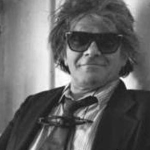
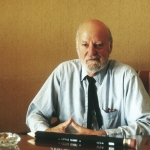


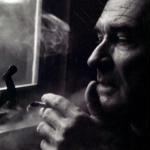

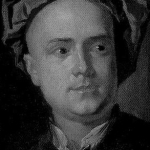



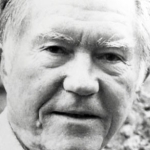

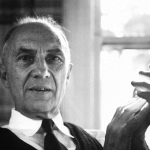




Comment form: